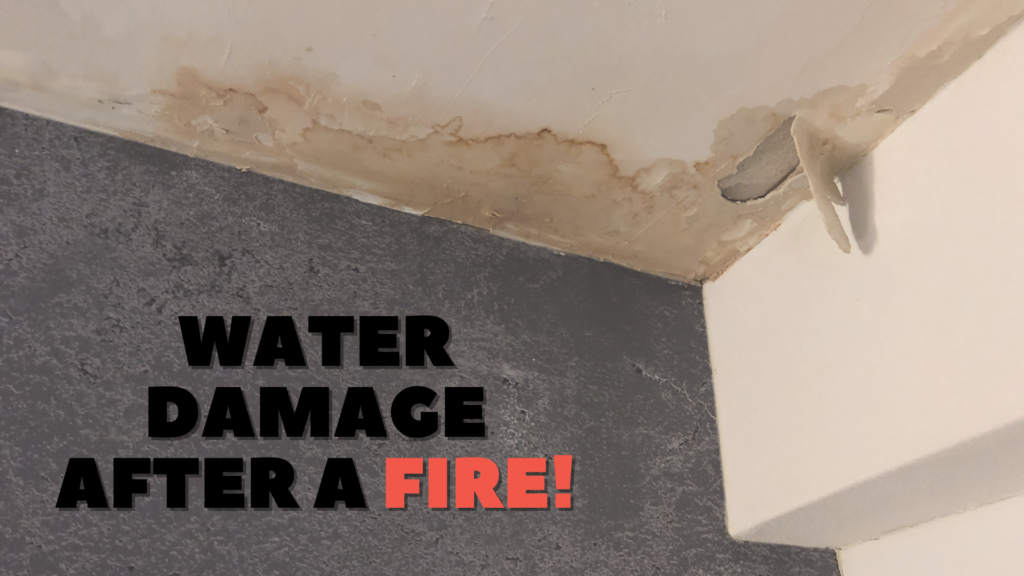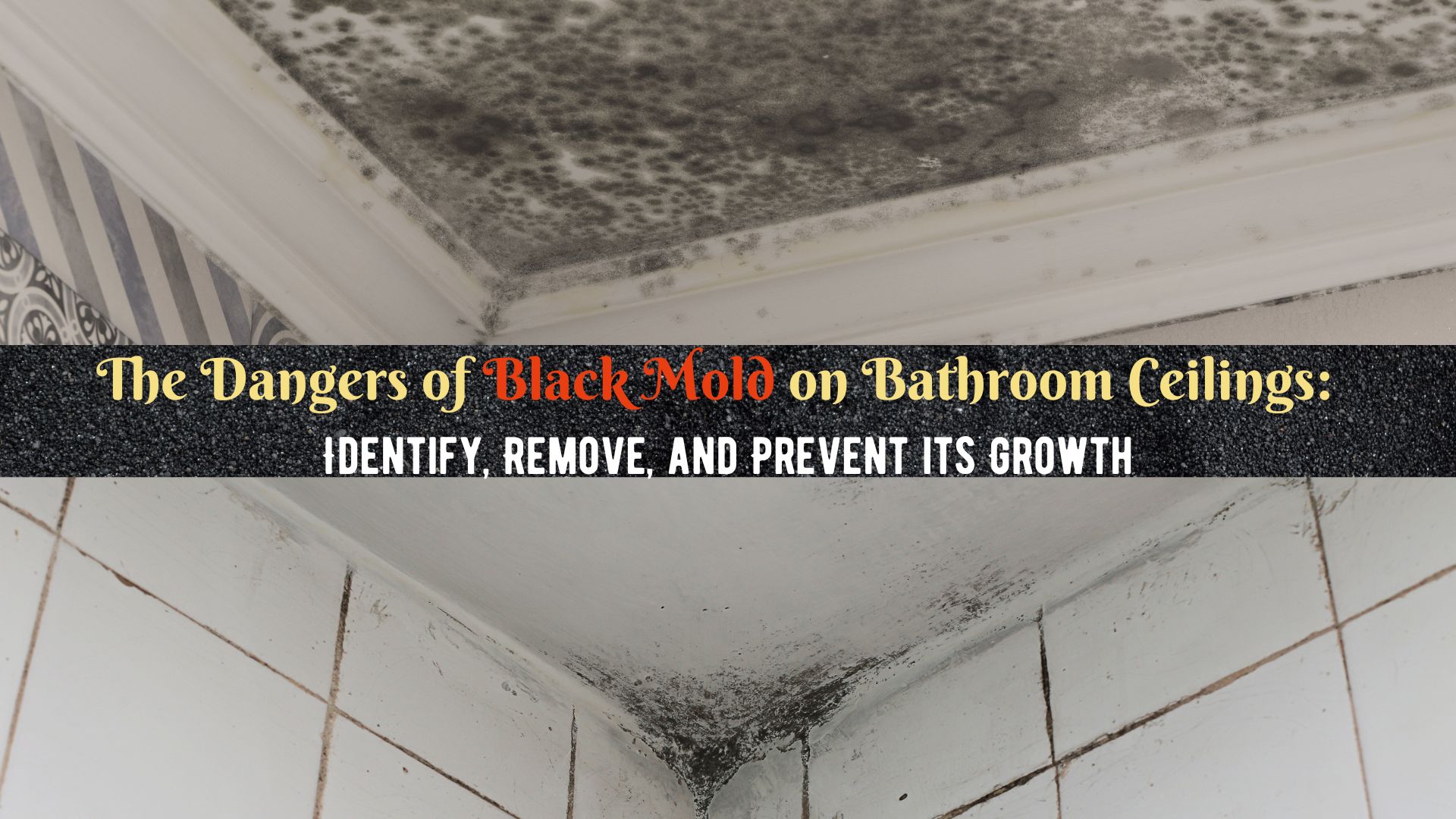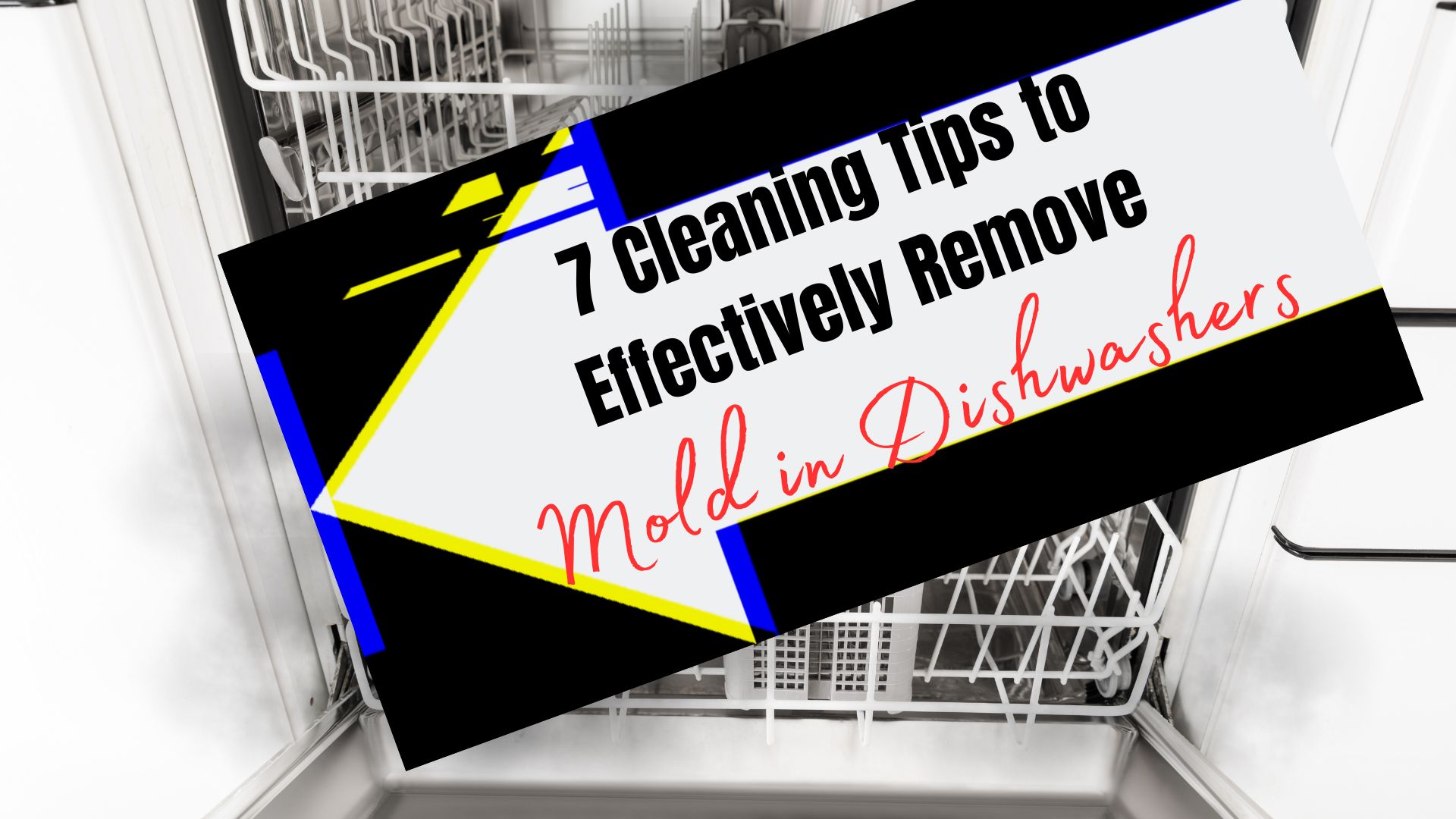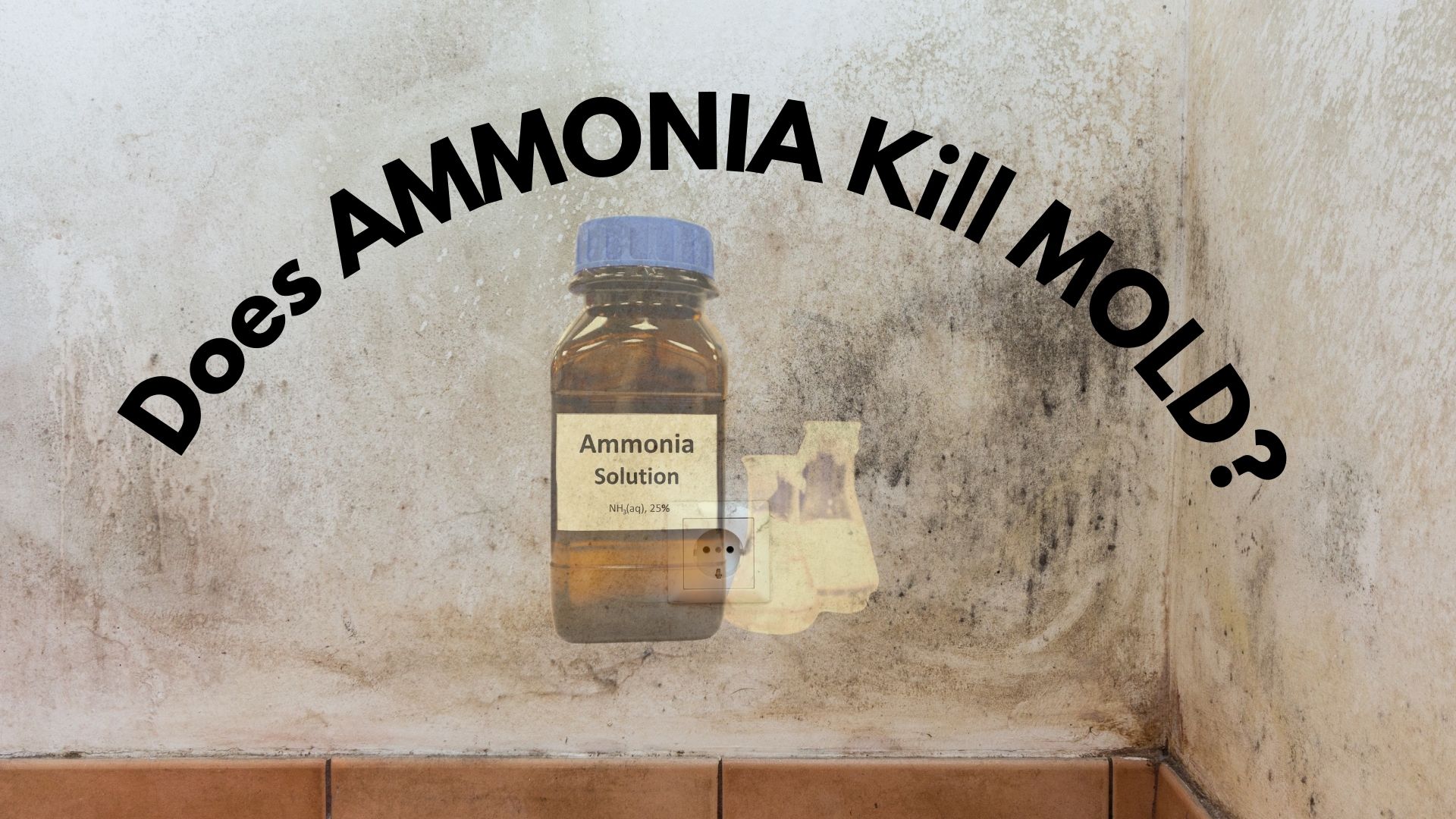Nobody Wants Water Damage After A Fire!
Among the many disasters your home can experience, a fire can do the hardest beating. When it hits your property, it can lead to a wide range of damage. While flames can destroy your home, corrosive byproducts like soot and smoke with toxic materials can also devour your property, leaving behind their lingering odor. Repairing soot and smoke damage materials require immediate action to prevent further or even permanent property damage. But, the damage doesn’t end there.
The water that was used to extinguish the fire can cause great damage to your property. A fire hose, which is extremely powerful and provides a lot of pressure, can destroy your walls and ceilings and damage your personal belongings. Water that is left unattended for a long time can lead to mold growth– which can be more harmful to you and your property. Mold spores can begin to grow on your property within 24 hours when the condition is right. The moisture and food present in your building materials like floorboards, drywall, and wood, will allow these microorganisms to thrive more and eventually damage the structure of your home and cause further damage.
Water Damage After A Fire – Know the Steps
With all the damage associated with fire, your home might be at risk of having permanent structural damage and may require extensive and costly repair and restoration. Thus, it is necessary to take immediate action and address water damage right after extinguishing the fire.
Follow these steps to prevent further damage.
Step 1: Ensure Your Safety
Before re-entering your home after a fire, you should talk to the fire officials to check if your home’s condition is safe to enter. Inspect your roof, ceilings, stairs, floorings, and walls for damage. Unlike fire damage, water damage is often not noticeable. Thus, it is important to be extra careful when returning home. Electrical damage also indicates that your home is not safe to return.
Step 2: Contact Your Insurance Provider
Once your home is safe to enter, make sure to contact your insurance company immediately. Report the damage, including the resulting damage to your agent. They may suggest an adjuster visit your property to inspect the damage. When talking with your insurance agent, make sure to have a clear grasp of how much money you have to spend on the repairs and what limits are there on your policy.
Furthermore, because of fire, your property might be inhabitable in the meantime. So, you should ask your insurance agent what living expenses, like accommodation and food, your insurance will cover.
Step 3: Contact A Professional
After contacting your insurance agent to notify the damage, make sure to contact a certified fire and water damage cleanup and Restoration Company. This company will work for you and help you manage your insurance claim.
It is very important to seek a restoration service immediately to prevent water damage from getting worse and spreading further. Mold growth, as the immediate consequence of water damage, can be alarming and can pose health issues to you and your family. Mold infestation can also worsen the condition of your home because it can compromise the structural integrity of your home.
Water damage restoration companies, like Superior Restoration, can address the issues right away, remediate mold, and prevent it from returning. Moreover, these professionals will perform a thorough assessment of the damage to create a restoration plan suitable for the current condition of your home. Then, they will begin with the cleanup process.
Step 4: Document The Damage
Take photos and videos of the damage caused by fire and water throughout your property. Make a list of all the items that have been damaged and take note of the things that have also been damaged due to mold growth.
Your insurance company will require you to provide evidence of the damage caused by the fire and the resulting damage due to extinguishing a fire. These pieces of evidence can also help to speed up the process of your insurance claim.
Step 5: Air out Your Property
While you are waiting for the professionals to arrive, air out your property to help remediate the damage. If the weather permits, open all the windows and doors, and even your cabinet doors and drawers to allow proper air circulation. Remove wet rugs to avoid further damage to your flooring. And to prevent water to seep more into your furniture, put a piece of foil beneath the legs or bottom of your furniture.
What Not To Do After a Fire
While there are a lot of things you can do to help prevent additional damage to your property, it is also important to take note that there are certain activities you should never conduct in the aftermath of water damage. For instance;
- Do not use a vacuum to remove excess water. Use a sump pump instead.
- Do not turn on wet appliances.
- Keep out of rooms that are structurally damaged.
Professional Fire and Water Damage Restoration
In case your property has experienced fire and water damage, contact a professional restoration company immediately. Extinguishing fire can lead to water damage and eventually, the water that lingers in your home can cause mold growth. All these consequences of a fire can harm the structure of your property and cause health risks to you and your family.
Professional water damage restoration companies, like Superior Restoration, can help you and your property back on track with the most effective and timely methods. Professionals use advanced technology and high-grade equipment in conducting proper cleanup procedures and ensure that your home is habitable again. If you want to know more about our fire and water damage restoration services, call us today.





